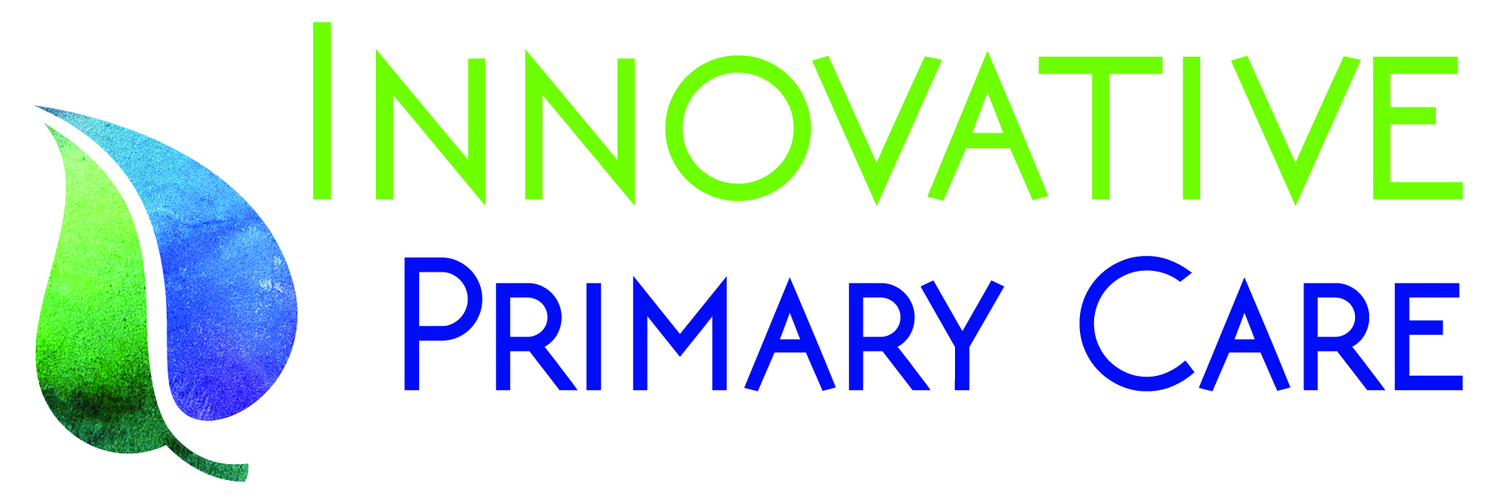Spotlight on Wellness: Summertime Health and Safety
/It’s hot, but that doesn’t mean health and wellness should take a back seat. In fact, you have opportunities to kick things into higher gear as you not only get some extra rest, but begin to prep for the coming school year and fast paced Fall season.
Here’s a checklist of summer safety tips and ideas:
1. Drink plenty. And we don’t mean cocktails. Beverages without sugar and with heavy water content are best. That includes water itself. Dr. Levitt suggests staying away from plastic water bottles, especially when they’re exposed to the heat (sitting in hot cars) when chemicals can leach. Stick with glass or other quality reusable containers. Iced teas and other drinks are also options. Dr. Levitt suggests looking at the sugar content of any drink and try to avoid any unnecessary additions of sugar. Drink plenty of water throughout the day, everyday (.5-1 oz. of water per pound of body weight). It’s especially important to drink water before, during and after a workout. This means drinking 16-20 oz. of water before, a few ounces every 15-20 minutes during, and another 16-20 oz. after training to replace the loss of any fluid.
2. Dig into those yummy seasonal fruits and vegetables. Enjoy a cup of mixed fresh berries every day. Blackberries, blueberries or strawberries will help you load up on antioxidants and are naturally high in fiber, which helps keep cholesterol low and may even help prevent some cancers. Cherries are fat free, sodium free and cholesterol free and are a good source of vitamin C and potassium. Grape tomatoes - yes, tomatoes are a fruit - are plentiful in the summer and so easy to consume. One cup contains 16 percent of the daily source of fiber and tomatoes are rich in the antioxidant, lycopene. Dip them in hummus for a quick and health snack. Melons are bountiful this time of year and high in vitamin C and water content – which makes them filling too.
3. Book your annual physicals today. It’s always easier to make sure you get on to the schedule during the summer to get your regular check-ups done and out of the way for the busy season. Innovative Primary Care has a wonderful line up of providers that you might enjoy for your check up.
4. Hormone checkups. Why wait? If you’re feeling lethargic, it could be more than the heat. Dr. Levitt usually sees bioidentical hormone therapy patients on Tuesdays. Advance blood work is required. Working this in now helps prepare you for the energy you’ll need through Fall and busy Holiday season.
5. Get moving even when it’s hot. Though it’s more difficult to find safe, outdoor exercise options during the summer, a walk early in the morning or as the sun goes down or just after, is an excellent fitness option. Try to avoid any outdoor activities between the hours of 10am-5pm. Walking at indoor malls (without slowing for window shopping) is also an option. Swimming is great option but you need to move! Check out a water aerobics video to get some ideas or find a class nearby.
For Seniors, check out the summer activities in your area:
Gilbert Senior Center
Chandler Senior Center
Scottsdale Senior Center
6. Make sure you apply sunscreen with SPF 15 (or higher) to prevent sunburn—even on cloudy days. Use an oil-free formula that won’t interfere with your body’s ability to cool itself down and select a sweat-proof variety to prevent sunscreen from irritating your eyes.
7. Protect your vision at work and play. Wear protective eye wear. When outdoors, wear sunglasses that block at least 99% of ultraviolet A and B rays. Sunglasses can help prevent cataracts, as well as wrinkles around the eyes.
8. Beware of the Bugs. Arizona summers are prone to high concentrations of mosquitoes. Avoid combination sunscreen/insect repellent products because sunscreen needs to be reapplied every two hours, but the insect repellent should not be reapplied. Use insect repellents containing DEET when needed to prevent insect-related diseases. Ticks can transmit Lyme Disease, and mosquitoes can transmit West Nile, Zika virus, Chikungunya virus and other viruses. Ten percent DEET provides protection for about 2 hours, and 30% protects for about 5 hours. Choose the lowest concentration that will provide the required length of coverage. As an alternative to DEET, Picaridin has become available in the U.S. and a 5-10% concentration can provide a short protection time of up to four hours and a 20% concentration product provides all-day protection from mosquitoes and ticks. Click here for more on insect repellents.
9. Know the Warning Signs. During the summer, be particularly cautious about abnormally high body temperatures -- a condition known as hyperthermia. Heat stroke is an advanced form of hyperthermia that can be life-threatening. We’ve already seen several people in Arizona die from this. Get medical attention immediately if you or anyone you know is experiencing these symptoms:
- Body temperature greater than 104 degrees (which you may not be able to figure out)
- A change in behavior, such as acting confused, agitated or grouchy
- Dry, flushed skin
- Nausea and vomiting
- Headache
- Heavy breathing or a rapid pulse
- Not sweating, even if it's hot out (you might even feel cold)
- Fainting

